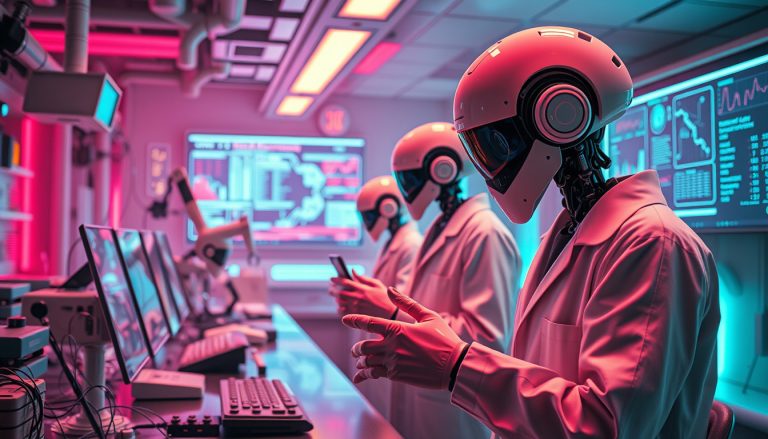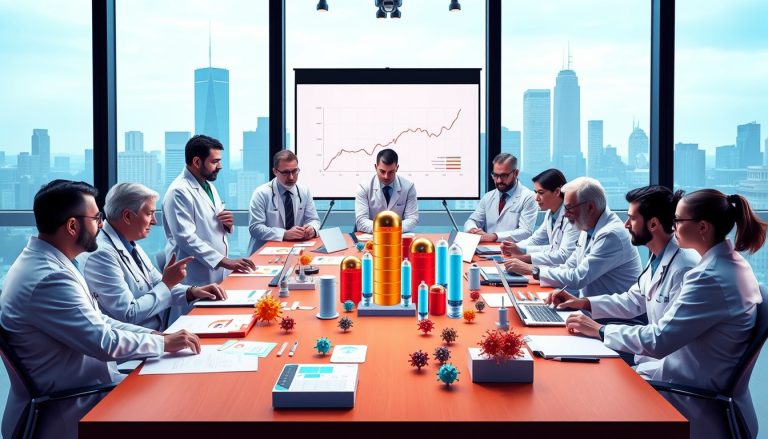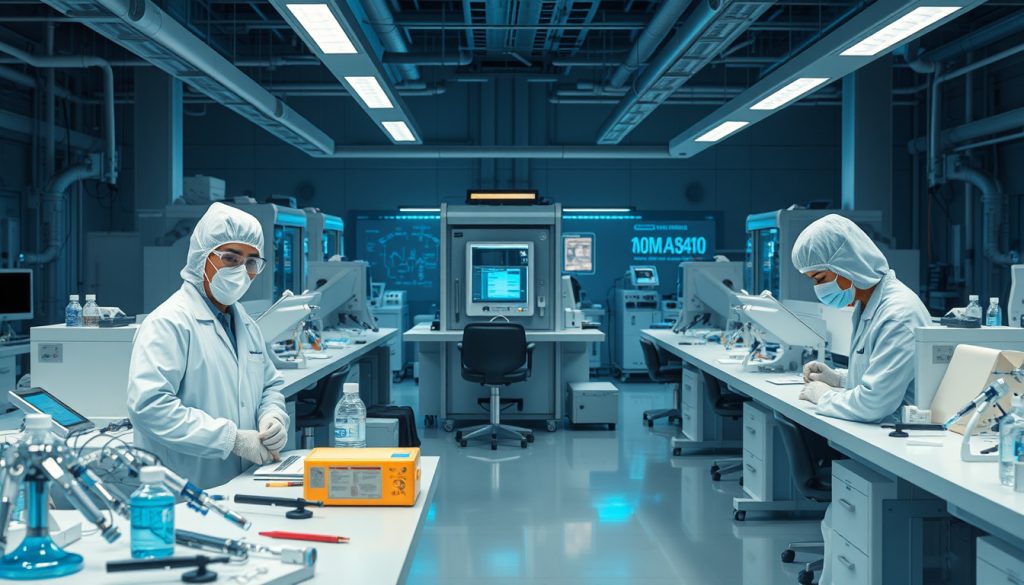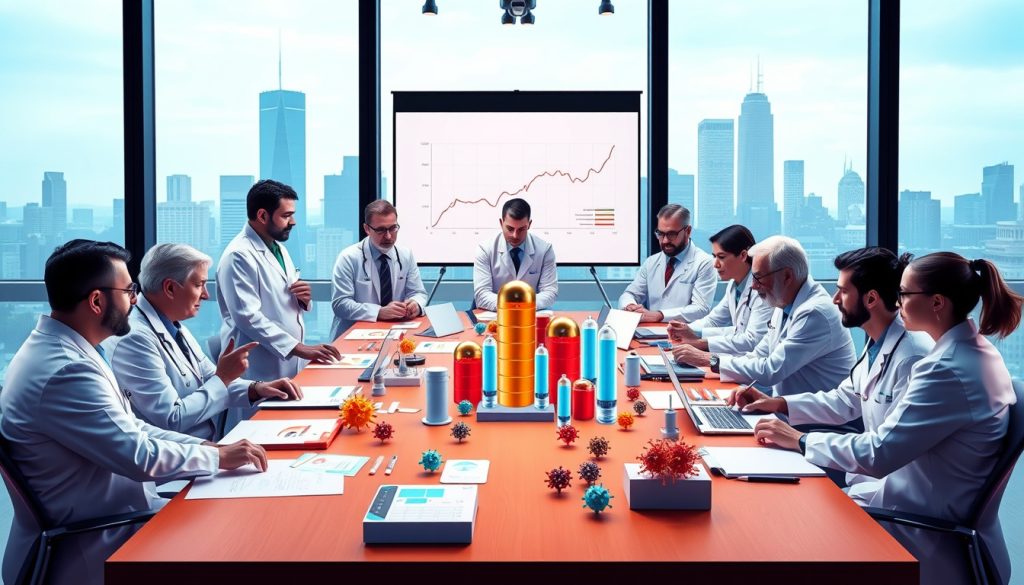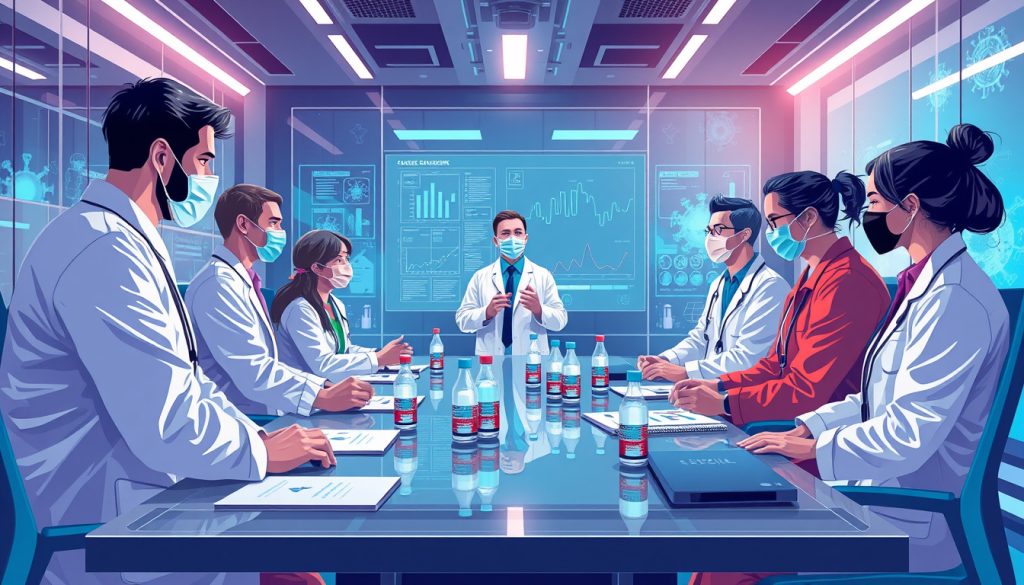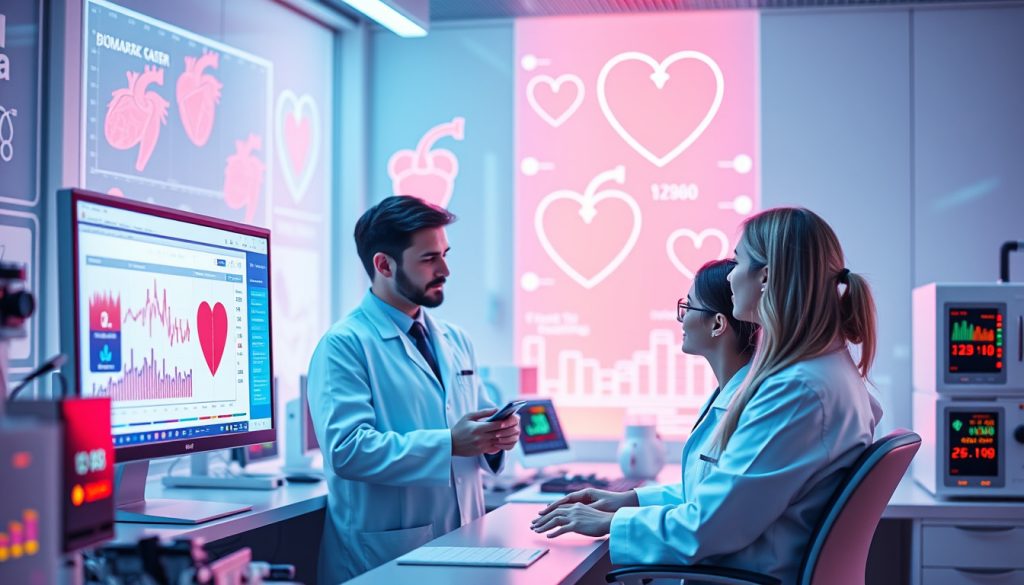In the rapidly evolving landscape of COVID-19 vaccine development, Novavax remains resolute amidst fresh challenges from the U.S.
Food and Drug Administration (FDA).
Recently, the FDA requested additional studies for the company’s COVID-19 vaccine approval, citing concerns over its updated formulation being classified as a ‘new product.’ This shift in FDA policy marks a departure from the traditionally accepted practice of updating vaccine compositions without necessitating comprehensive new trials.
With the FDA’s decision deadline having lapsed and ongoing scrutiny under the new leadership of HHS Secretary Robert F.
Kennedy Jr., Novavax faces a complex regulatory environment that could significantly impact its path to securing full approval.
Novavax’s previous trials demonstrated a robust 90% efficacy rate, creating a foundation for optimism as the company navigates these new challenges and seeks to finalize agreements with the FDA.

Key Takeaways
- Novavax remains confident in the approvability of its COVID vaccine despite the FDA’s request for additional studies.
- The FDA’s new requirements denote Novavax’s updated vaccine as a ‘new product’, diverging from previous annual update practices.
- The completion of the requested studies may delay approval and result in increased costs for Novavax.
Current Status of Novavax’s FDA Approval Process
As the biotechnology sector navigates the complexities of vaccine development post-COVID-19, Novavax stands at a critical juncture regarding its FDA approval process for its COVID-19 vaccine.
The company has recently stated that its application for full approval is still seen as ‘approvable’ despite the FDA’s latest request for supplementary clinical studies, which Novavax has described as a postmarketing commitment.
This requirement signifies that the FDA has categorized Novavax’s updated vaccine formulation as a ‘new product,’ diverging from historical precedents where annual adjustments to vaccine formulations, such as those for the influenza vaccine, did not necessitate extensive new trials.
Novavax executives have acknowledged that carrying out these additional studies will be both time-consuming and financially burdensome, positing that the crux of their pathway to final approval lies in negotiating a satisfactory agreement with the FDA regarding these requirements.
In the past, Novavax’s vaccine demonstrated an impressive efficacy rate of 90% based on trials conducted with more than 25,000 participants, but regulatory challenges have begun to overshadow these achievements.
Notably, the FDA missed its decision deadline on April 1, a move many attribute to unusual interference from higher agency officials.
The impact of successful FDA approval for Novavax could also entail a substantial $175 million milestone payment from their partner, Sanofi, highlighting the significant financial stakes tied to the approval process.
Moreover, under the oversight of new HHS Secretary Robert F.
Kennedy Jr., the scrutiny applied to vaccine approvals has intensified, adding layers of complexity for Novavax.
The unfolding situation reflects broader themes in biotech of regulatory adaptation in response to emerging health challenges, presenting both risks and opportunities for companies looking to innovate in the vaccine space.
Challenges and Implications of Additional Studies
The landscape of vaccine development, particularly for COVID-19, remains fraught with regulatory challenges, as exemplified by Novavax’s ongoing situation with the FDA.
The request for additional studies could set a precedent, indicating a shift in the FDA’s approach to vaccine formulations, moving away from previous leniencies.
This insistence on further testing emphasizes the fine balance the FDA seeks between expedited vaccine approvals during health emergencies and ensuring rigorous safety and efficacy standards.
As Novavax navigates these requirements, they must carefully evaluate not only the scientific validity of additional trials but also the associated economic implications.
Executives at Novavax may need to devise innovative strategies to optimize trial design while minimizing costs and time delays in order to meet FDA expectations.
This situation highlights the broader industry trend where biotechnology firms might need to engage in more rigorous dialogues with regulators to ensure compliance, potentially reshaping the future of vaccine development strategies across the sector.




